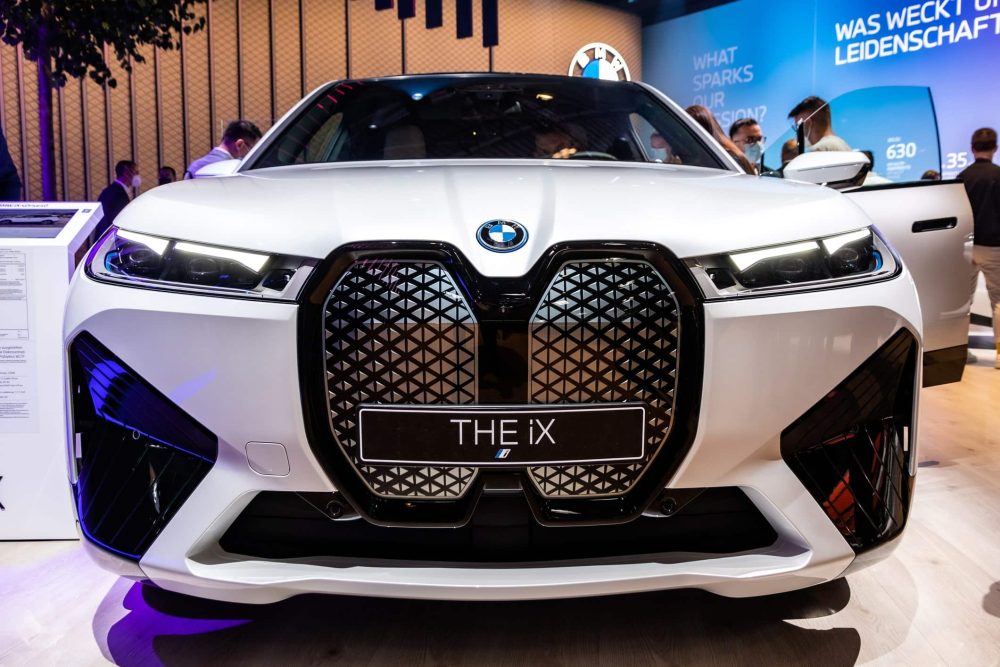BMW, Jaguar Land Rover (JLR), and Volkswagen (VW) all sourced parts from a company banned due to alleged links to Chinese forced labor.
US Senate Finance Committee Chair Ron Wyden released the report on Monday, May 20.
It follows a lengthy investigation into the automakers’ supply chains.
The report calls for increased enforcement of US laws against importing goods made with forced labor.
Wyden’s probe revealed all three automakers had parts in their supply chains from Sichuan Jingweida Technology Group.
The company is included on the US Uyghur Forced Labor Prevention Act (UFLPA) Entity List.
This is due to its alleged use of forced labor from China’s Xinjiang region.
This region is home to the Uyghur minority, and China denies any human rights abuses there.
“Automakers’ self-policing is clearly not doing the job”
Wyden said automakers’ self-policing efforts are insufficient and urged US Customs and Border Protection (CBP) to strengthen enforcement actions.
He said: “Automakers’ self-policing is clearly not doing the job.
“I’m calling on Customs and Border Protection to take a number of specific steps to supercharge enforcement and crack down on companies that fuel the shameful use of forced labor in China.”
The UFLPA, passed in 2021, significantly pressures businesses to ensure their supply chains are free from forced labor links.
The act effectively bans all imports tied to Xinjiang but specifically flags problematic suppliers.
BMW, JLR, and VW have all acknowledged the issues raised by the report.
BMW admitted to importing at least 8,000 Mini Cooper models with a banned component.
“Volkswagen takes allegations of human rights violations very seriously and is committed to preventing the use of forced labor in our supply chain”
VW voluntarily disclosed some US-bound vehicles contained parts from Sichuan Jingweida, leading to delays at US ports.
JLR said it halted shipments of the affected parts.
It said it set aside the inventory for destruction once it was alerted to the compliance issue.
Need Career Advice? Get employment skills advice at all levels of your career
All three automakers have reiterated their commitment to human rights and preventing forced labor in their supply chains.
BMW said: “Despite this complex, challenging and dynamic environment, the BMW Group is committed to monitoring related risks and adapting our policies and procedures to ensure the BMW Group’s strict standards are met.”
Volkswagen said: “Volkswagen takes allegations of human rights violations very seriously and is committed to preventing the use of forced labor in our supply chain.
“With regard to the supply chain issue referenced in the committee report, we acted as quickly and responsibly as possible to replace the part and comply with the UFLPA.”
The company said it has taken steps to halt the import of affected products.
JLR confirmed taking forced labor issues seriously and promptly addressing the compliance breach.
Wyden’s investigation was initially prompted by a 2022 report from Sheffield Hallam University in the UK.
It found evidence global automakers were using components made in Xinjiang or sourced from companies employing Uyghur workers elsewhere in China.
Wyden’s office has indicated that the investigation will continue.
Plans include adding more entities to the Entity List and criticizing current audit practices within China as unreliable.




